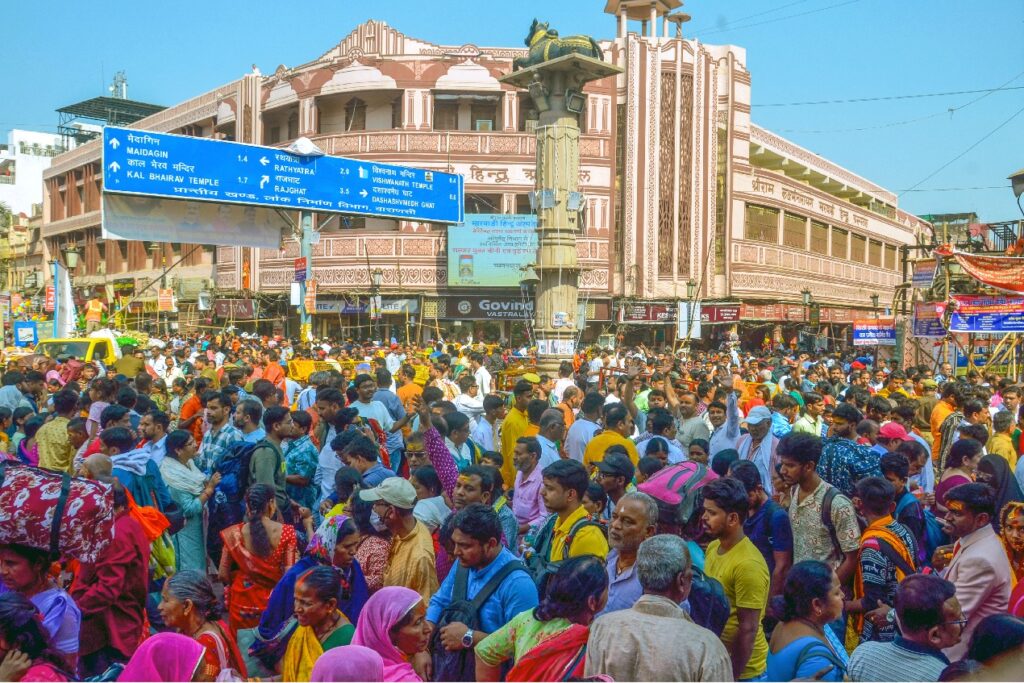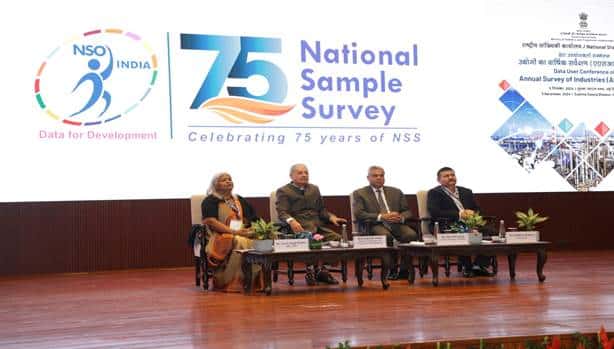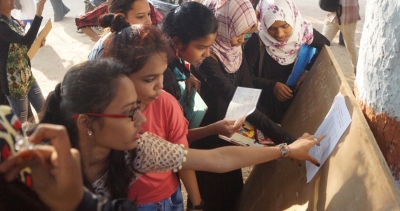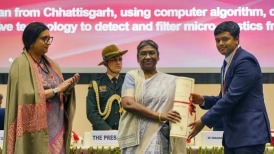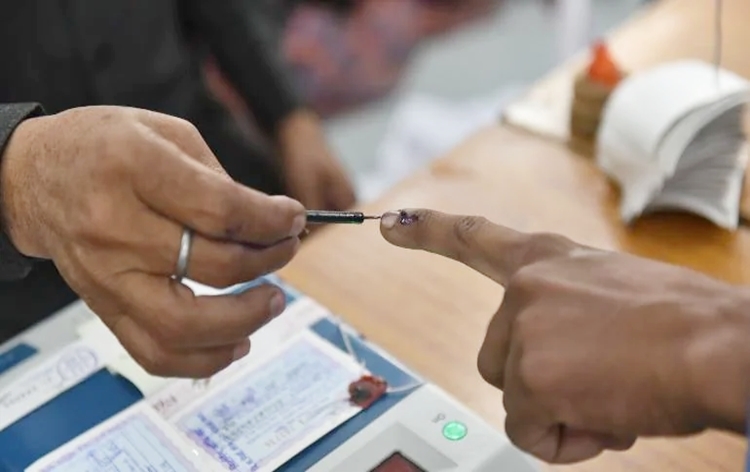India rejects Global Hunger Index, says does not reflect true position
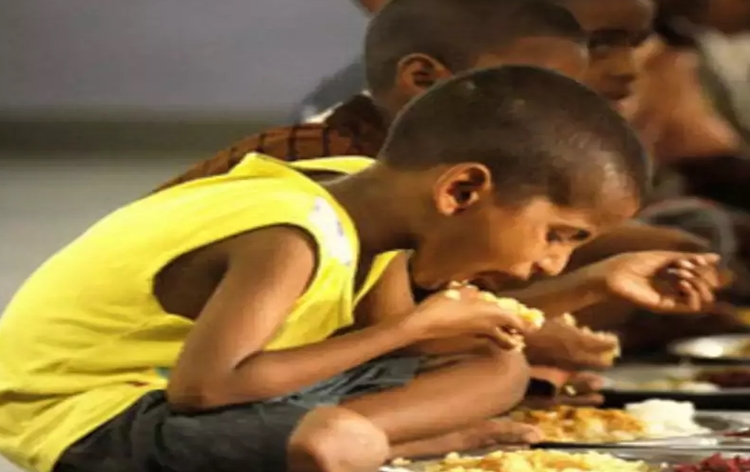
Central government rejected the 2023 Global Hunger Index (GHI) data on October 12 in which India ranked 111th out of 125 countries. The centre called it a flawed measure of hunger that does not reflect the country’s true position.
The Global Hunger Report 2023 released by Concern Worldwide and Welt Hunger Hilfe, Non-Government Organisations from Ireland and Germany respectively, ranked India at 111 among 125 countries.
GHI is a means of monitoring whether countries are achieving hunger-related SDGs. GHI is a tool designed to comprehensively measure and track hunger at the global, regional, and country levels.
Ministry of Women and Child Development rejected the Hunger Index saying that index is an erroneous measure of hunger and suffers from serious methodological issues. Three out of the four indicators used for calculation of the index are related to the health of children and cannot be representative of the entire population. The fourth and most important indicator ‘Proportion of Undernourished (PoU) population’ is based on an opinion poll conducted on a very small sample size of 3000.
The ministry said since April 2023, the measurement data of children under 5 years uploaded on Poshan Tracker has consistently increased – from 6.34 Crore in April 2023 to 7.24 Crore in September 2023.
“The percentage of child wasting, as seen on the Poshan Tracker, has been consistently below 7.2%, month-on-month, as compared to the value of 18.7% used for child wasting in the GHI 2023,” the ministry said in a statement.
Ministry further said two other indicators, namely stunting and wasting are outcomes of complex interactions of various other factors like sanitation, genetics, environment and utilisation of food intake apart from hunger which is taken as the causative/outcome factor for stunting and wasting in the GHI.
Also, there is hardly any evidence that the fourth indicator, namely, child mortality is an outcome of hunger, ministry said.
The ministry added that several key international organizations such as UNICEF, WHO, and the World Bank have acknowledged the Poshan Tracker as a game-changer in the area of nutrition.



